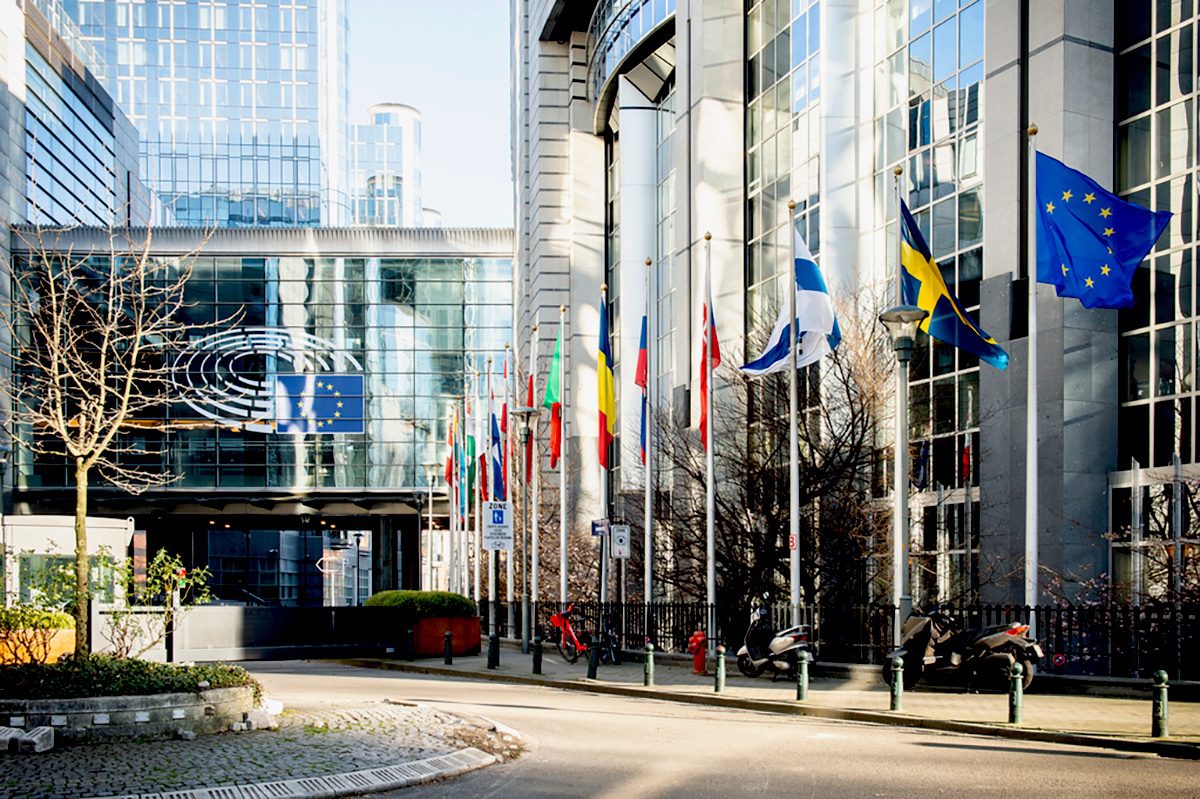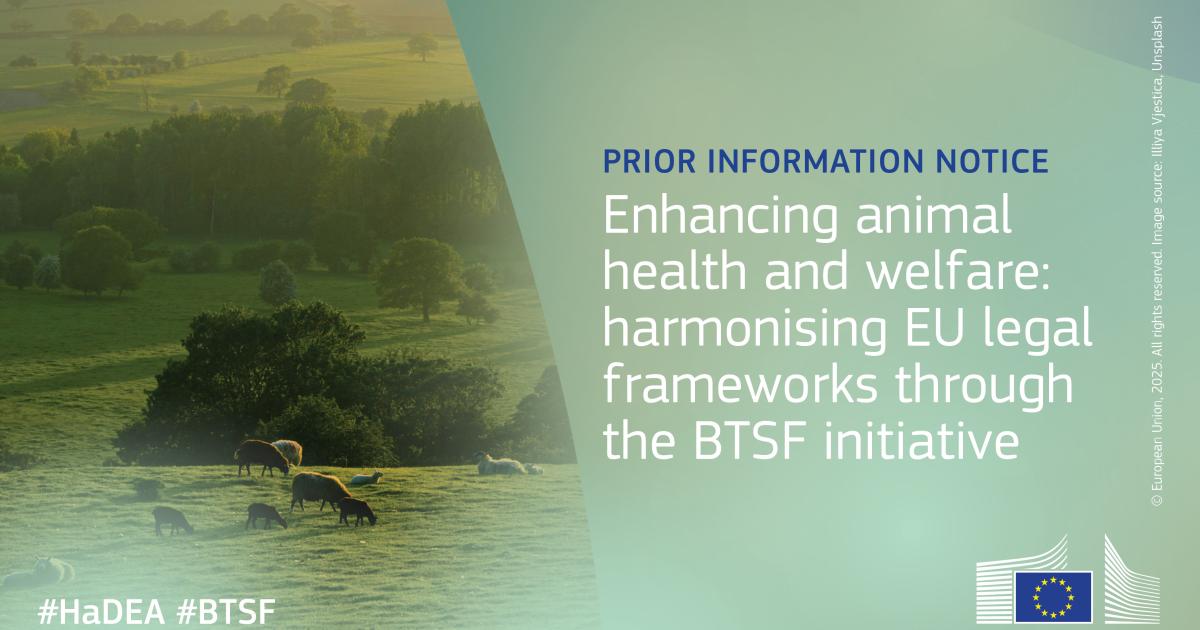Politics
EU Council Approves ‘Stop-the-Clock’ Mechanism: A Bold Step Towards Simplification and Competitiveness

In a landmark decision aimed at streamlining EU regulations and bolstering competitiveness, the Council of the European Union has given its final approval to the much-anticipated “Stop-the-clock” directive. This pivotal move seeks to ease the regulatory burden on businesses by postponing key sustainability reporting and due diligence deadlines, providing much-needed legal clarity in an increasingly complex legislative landscape.
The directive forms part of the Commission’s broader “Omnibus I” package, unveiled in February 2025, which aims to simplify existing EU legislation in the field of sustainability. The fast-tracked adoption underscores the urgency with which EU policymakers are addressing calls from businesses for reduced red tape and greater certainty over compliance obligations.
A Timely Intervention for Businesses
At the heart of this initiative lies the recognition that overly complex rules can stifle innovation and hinder economic growth. By delaying the entry into force of certain provisions under the Corporate Sustainability Reporting Directive (CSRD) and the Corporate Sustainability Due Diligence Directive (CSDDD), the EU is granting companies additional breathing room to adapt to new requirements.
For large enterprises yet to begin their sustainability reporting journey, as well as listed small and medium-sized enterprises (SMEs), the application of CSRD requirements will now be pushed back by two years. Similarly, the transposition deadline and initial phase of implementation for the CSDDD—applicable to the largest corporations—will see a one-year extension. These adjustments not only provide immediate relief but also allow lawmakers time to refine these directives further, ensuring they align more closely with business realities.
Adam Szłapka, Poland’s Minister for the European Union, hailed the development as a critical milestone in the EU’s drive to cut bureaucratic hurdles. “Today we delivered on our promise regarding simplification of EU laws,” he stated. “The fast adoption of this directive is an important first step towards cutting red tape, providing legal certainty to our companies, and making the EU more competitive.”
A Broader Push for Regulatory Streamlining
This latest measure builds upon earlier commitments made by EU leaders to create a leaner, smarter regulatory framework. In October 2024, the European Council issued a clarion call for action, urging all stakeholders to address challenges highlighted in influential reports authored by Enrico Letta (“Much more than a market”) and Mario Draghi (“The future of European competitiveness”). Their insights underscored the pressing need to reduce administrative burdens, particularly for SMEs, while fostering a business-friendly environment conducive to growth.
The Budapest Declaration, adopted in November 2024, crystallized this vision into a tangible agenda, coining the phrase “launching a simplification revolution.” It called for sweeping reforms to ensure clear, simple, and efficient regulation—an ethos reflected in the swift progress achieved on the “Stop-the-clock” mechanism.
What Comes Next?
With today’s formal adoption, the legislative act will soon appear in the EU’s Official Journal and take effect the day after publication. Member states must incorporate the directive into national law by December 31, 2025. Meanwhile, co-legislators remain tasked with advancing substantive amendments to both the CSRD and CSDDD, ensuring these frameworks strike the right balance between ambition and feasibility.
Leaders have emphasized the importance of concluding work on the Omnibus packages promptly, reflecting their commitment to maintaining momentum. As recently as March 2025, EU heads reaffirmed their resolve to prioritize simplification efforts, urging legislators to finalize the “Stop-the-clock” mechanism no later than June 2025—a target that has now been successfully met.
A Win-Win for Competitiveness and Sustainability
Critics may argue that postponing sustainability deadlines risks slowing down Europe’s green transition. However, proponents counter that such measures are pragmatic rather than regressive. By alleviating short-term pressures, businesses gain the flexibility needed to implement robust sustainability strategies without compromising operational viability. Moreover, the extended timelines enable regulators to fine-tune legislation, ensuring it achieves intended outcomes without unintended consequences.
Ultimately, the “Stop-the-clock” mechanism represents more than just a reprieve; it embodies a strategic recalibration of how the EU approaches regulation. At a time when global competition is intensifying, the bloc is demonstrating its willingness to adapt and innovate—not only to protect its industries but also to reinforce its leadership in sustainable practices.
As Adam Szłapka aptly noted, this is indeed “an important first step.” But it is far from the last. With the stage set for deeper reforms, the EU stands poised to transform its regulatory architecture into a powerful engine for prosperity—one that balances environmental stewardship with economic dynamism. For businesses navigating uncertain waters, the message is clear: help is here, and the future looks brighter.
Politics
The EBA updates list of indicators used to perform risk assessments


© FRVS+MPCP 2022. The European Times® News is registered as an EU Trademark. All rights reserved. The European Times® and the logo of The European Times® are EU trademarks registered by FRVS+MPCP.
Members/Partners of

About Us
Popular Category
DISCLAIMER OPINIONS: The opinions of the authors or reproduced in the articles are the ones of those stating them and it is their own responsibility. Should you find any incorrections you can always contact the newsdesk to seek a correction or right of replay.
DISCLAIMER TRANSLATIONS: All articles in this site are published in English. The translated versions are done through an automated process known as neural translations. If in doubt, always refer to the original article. Thank you for understanding.
DISCLAIMER PHOTOS: We mostly used photos images that are readily available online, from free sources, or from the people promoting the news. If by any chance it happens that we have used one of your copyrighted photos, please do not hesitate to contact us and we will take it down without question. We do not make profits as this is a not for profit project to give voice to the voiceless while giving them a platform to be informed also of general news, and it is completely free.
Editor Picks
Politics
Monetary policy decisions

17 April 2025
The Governing Council today decided to lower the three key ECB interest rates by 25 basis points. In particular, the decision to lower the deposit facility rate – the rate through which the Governing Council steers the monetary policy stance – is based on its updated assessment of the inflation outlook, the dynamics of underlying inflation and the strength of monetary policy transmission.
The disinflation process is well on track. Inflation has continued to develop as staff expected, with both headline and core inflation declining in March. Services inflation has also eased markedly over recent months. Most measures of underlying inflation suggest that inflation will settle at around the Governing Council’s 2% medium-term target on a sustained basis. Wage growth is moderating, and profits are partially buffering the impact of still elevated wage growth on inflation. The euro area economy has been building up some resilience against global shocks, but the outlook for growth has deteriorated owing to rising trade tensions. Increased uncertainty is likely to reduce confidence among households and firms, and the adverse and volatile market response to the trade tensions is likely to have a tightening impact on financing conditions. These factors may further weigh on the economic outlook for the euro area.
The Governing Council is determined to ensure that inflation stabilises sustainably at its 2% medium-term target. Especially in current conditions of exceptional uncertainty, it will follow a data-dependent and meeting-by-meeting approach to determining the appropriate monetary policy stance. In particular, the Governing Council’s interest rate decisions will be based on its assessment of the inflation outlook in light of the incoming economic and financial data, the dynamics of underlying inflation and the strength of monetary policy transmission. The Governing Council is not pre-committing to a particular rate path.
Key ECB interest rates
The Governing Council today decided to lower the three key ECB interest rates by 25 basis points. Accordingly, the interest rates on the deposit facility, the main refinancing operations and the marginal lending facility will be decreased to 2.25%, 2.40% and 2.65% respectively, with effect from 23 April 2025.
Asset purchase programme (APP) and pandemic emergency purchase programme (PEPP)
The APP and PEPP portfolios are declining at a measured and predictable pace, as the Eurosystem no longer reinvests the principal payments from maturing securities.
***
The Governing Council stands ready to adjust all of its instruments within its mandate to ensure that inflation stabilises sustainably at its 2% target over the medium term and to preserve the smooth functioning of monetary policy transmission. Moreover, the Transmission Protection Instrument is available to counter unwarranted, disorderly market dynamics that pose a serious threat to the transmission of monetary policy across all euro area countries, thus allowing the Governing Council to more effectively deliver on its price stability mandate.
The President of the ECB will comment on the considerations underlying these decisions at a press conference starting at 14:45 CET today.
Source link
Politics
Prior Information Notice – Enhancing Animal Health and Welfare: Harmonising EU Legal Frameworks through the BTSF Initiative



DISCLAIMER: Information and opinions reproduced in the articles are the ones of those stating them and it is their own responsibility. Publication in The European Times does not automatically means endorsement of the view, but the right to express it.
DISCLAIMER TRANSLATIONS: All articles in this site are published in English. The translated versions are done through an automated process known as neural translations. If in doubt, always refer to the original article. Thank you for understanding.

– Advertisement –
– Advertisement –
HaDEA has published the Prior Information Notice HADEA/2025/OP/0012-PIN – Enhancing Animal Health and Welfare in EU Member States and Candidate Countries: Harmonising EU Legal Frameworks through the ‘Better Training for Safer Food’ Initiative.
The subject of this call for tenders is the organisation and implementation of training activities on Animal Health and Animal Welfare Law under the “Better Training for Safer Food” initiative. The execution of the tasks will be divided in two separate phases of 30 months each. The main objectives of this call for tenders are:
- Protecting the EU from animal diseases
- Harmonising EU legislation
- Promoting sustainable food systems
- Supporting DG SANTE priorities and enhancing global recognition of EU standards
The main beneficiaries will be EU Member States and Candidate Countries, with some non-EU countries (EU Neighborhood countries), which will be also covered based on European Commission strategic objectives.
Estimated budget: €3 900 000
Interested parties are invited to check the Funding and Tenders Portal for the upcoming publication of the call for tenders.
Background
Better Training for Safer Food (BTSF) is a European Commission training initiative to improve the knowledge and implementation of EU rules covering food safety, plant, animal, and One Health.
The basic training principles involve the delivery of information, knowledge sharing and networking, and using the train-the-trainer approach to disseminate the knowledge attained. Training delivery may be through face-to-face courses, virtual classrooms or eLearning.
Source link
More from the author
– EXCLUSIVE CONTENT –
-

 EU & the World5 days ago
EU & the World5 days agoHow Old Are the Menendez Brothers in 2025? Lyle and Erik’s Ages Today
-

 EU & the World6 days ago
EU & the World6 days agoWhere to Stream Coachella 2025: How to Watch the Show
-

 EU & the World5 days ago
EU & the World5 days agoCelebrities Going to Space: Katy Perry & More in the Blue Origin Crew
-

 Sports5 days ago
Sports5 days agoDavid Massey: “A historic edition for the Rolex Monte Carlo Masters.”
-

 EU & the World5 days ago
EU & the World5 days agoHow Did Kyren Lacy Die? Updates on the LSU Player’s Death
-

 EU & the World3 days ago
EU & the World3 days agoSedona Prince Allegations: Why She Wasn’t Selected in WNBA Draft
-

 Sports6 days ago
Sports6 days agoJannik Sinner-Federica Pellegrini storm: new outburst on social media
-

 Sports4 days ago
Sports4 days agoLuka Modric looks to the future: enters as minority owner of Swansea








